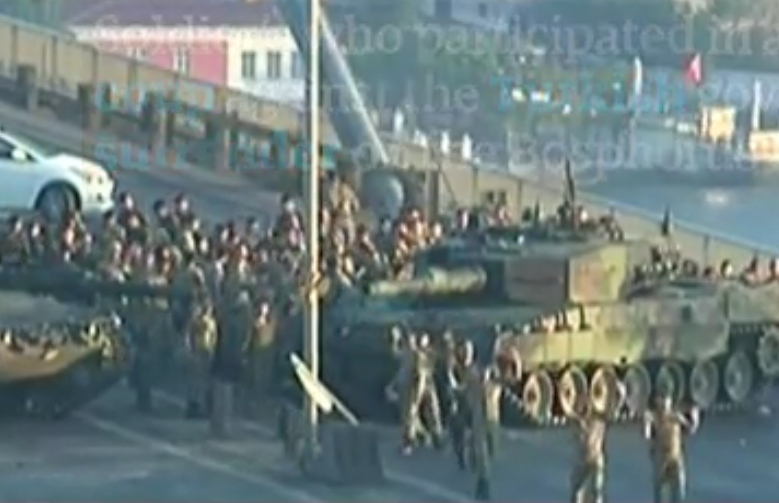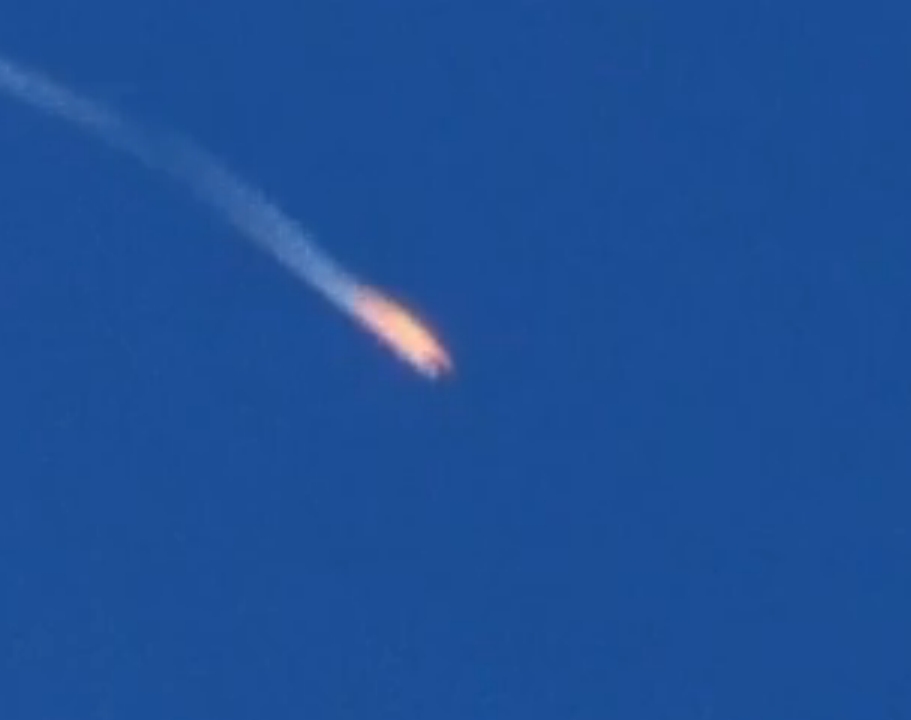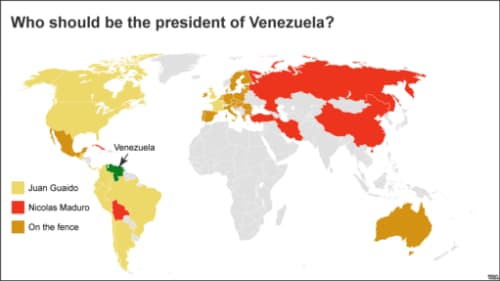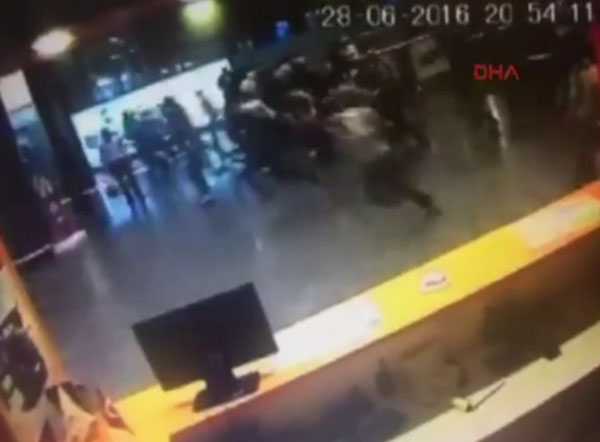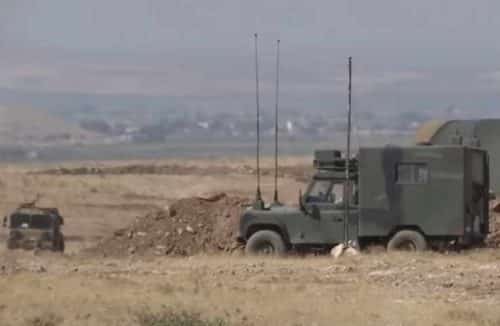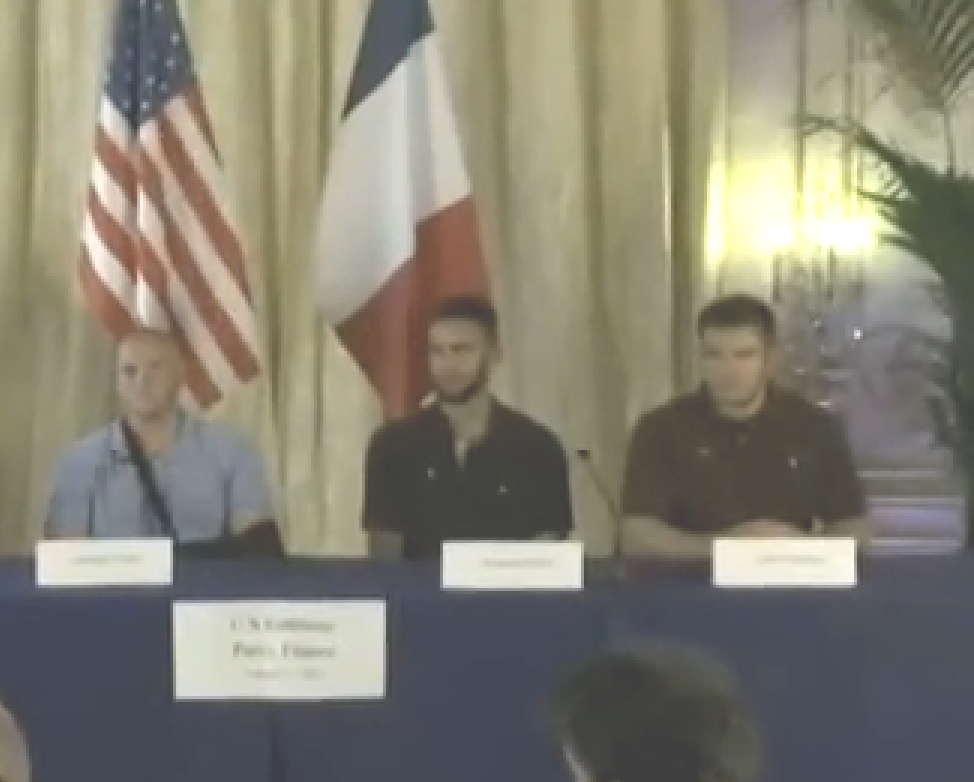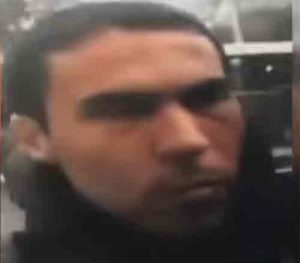
Turkish Prime Minister Binali Yildirim confirmed Tuesday authorities arrested the suspected gunman who killed 39 people during a New Year’s attack on a nightclub in Istanbul.
Yildirim called the alleged attacker a “vile terrorist” and said the important thing now is to reveal those behind the attack.
Turkish media had earlier identified Abdulkadir Masharipov as the shooter, saying he was arrested during a raid Monday in Istanbul’s Esnyurt district.
Istanbul Governor Vasip Sahin said Tuesday that Masharipov’s fingerprints matched those of the shooter, and that he was an Uzbekistan national who trained in Afghanistan and is believed to have entered Turkey in January 2016.
Sahin also said “it is clear” the attack was done in the name of the Islamic State group. The militants have claimed responsibility, linking the attack to Turkey’s military operations against them in Syria.
Turkish Deputy Prime Minister Numan Kurtulmus congratulated police in a Twitter post Tuesday, adding that Turkey’s “war with terror and the powers behind it will continue to the end.”
The huge manhunt for Masharipov had been under way for days, with Turkish media reports last week identifying the Uzbek national as a key suspect. More than 40 other foreign nationals have been detained as police searched for suspects to the attack, which was claimed by Islamic State extremists.[xyz-ihs snippet=”Adsense-responsive”]Hurriyet, citing police sources, reported last week that Masharipov arrived in Istanbul on December 15 from the central province of Konya to prepare for the attack.
The New Year’s Eve attack was the third on Turkey in the past two years linked to Central Asians with admitted links to Islamic State extremists.
Islamic State jihadists from Central Asia were identified in two earlier attacks, including an assault on Istanbul’s Ataturk airport in June that killed 44 people and wounded more than 230 others. The Turkish government said the three suicide bombers behind the attack were from Russia, Uzbekistan and Kyrgyzstan.
A suicide bomber from Russia’s largely Muslim Caucasus republic of Dagestan was identified after she blew herself up outside an Istanbul police station in January 2015. Eighteen police were killed in that blast.
Intelligence agencies have long described Turkey as a crossing point for hundreds of Central Asian radicals moving into Syria and Iraq to join Islamic State in its push to set up a caliphate in Syria and large parts of northern Iraq.
Analysts from the New York-based security and intelligence firm Soufan Group said in December 2015 that at least 4,700 IS fighters in Iraq and Syria were identified as coming from Central Asian republics. Cutting off the flow of foreign fighters has been one of the major goals in the international campaign to defeat Islamic State.
Source: VOA [xyz-ihs snippet=”Adsense-responsive”]

